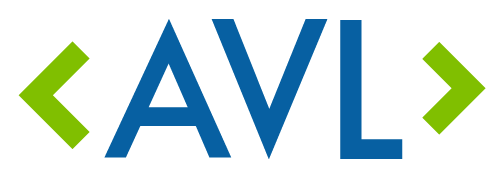Tom Loosemore said digital is about “applying the culture, practices, processes and technologies of the Internet-era to respond to people’s raised expectations.” In the same way, “civic tech” is only about technology in the sense that it transforms what citizens are able to imagine and to expect.
At our August community night we decided to explore those expectations. We tried to imagine what our experience of our community would be in an ideal Asheville: What kind of services would we expect? How would we have a voice in the community’s decisions?
Lived experience in a community is, of course, highly particular. A white male professional’s experience is fundamentally different from that, say, of a homeless woman of color. So we asked participants to use their empathy skills to imagine the desires of people not directly represented in the group, as well as their own.
The experiment was simple. First, everyone spent a few minutes filling out as many versions of imagined experience as they could come up with, following this template:
As a ____________________________
I can ____________________________
So that__________________________.
We seeded the exercise with a couple examples:
- As a youth in trouble with the law for the first time, I can work with a criminal justice system that actively helps me turn my life around so that I can become a contributing member of society and have a chance at a good life.
- As a young mother struggling to make ends meet, I can find affordable fresh food in my neighborhood so that I can keep my kids healthy.
Next we gave each person 12 sticky dots to vote on the stories that they were most enthusiastic about. Afterward, we spent a little time reviewing the results to identify some of the main themes. We have recorded all the results from the evening here.
In the discussion that ensued, we came to two strong conclusions.
First, there was a lot of enthusiasm for the approach. We felt this could be a fantastic way to learn from citizens about priorities for change that envision the outcome rather than just name the problem, opening up possibilities for many more creative solutions.
Equally strong was the sentiment that, while the results of the evening’s exercise are interesting and certainly reflect things that we have learned by being more directly engaged with local community groups, they cannot be the basis for any actual decisions – we need to carry the exercise out into the community, especially those that have traditionally been marginalized, and to let them guide us with their imaginations.
We’ll be talking more at the planning meeting on August 22 about concrete next steps. Stay tuned for more!
This article is from the semi-weekly Code for Asheville newsletter. See the rest of this issue here. Sign up for future mailings here.
